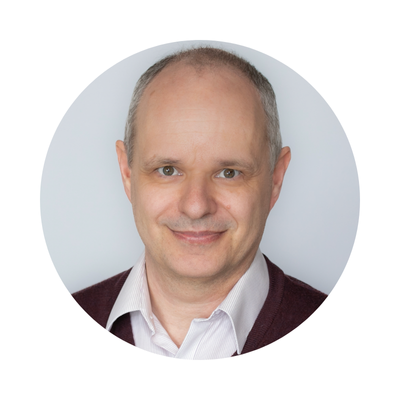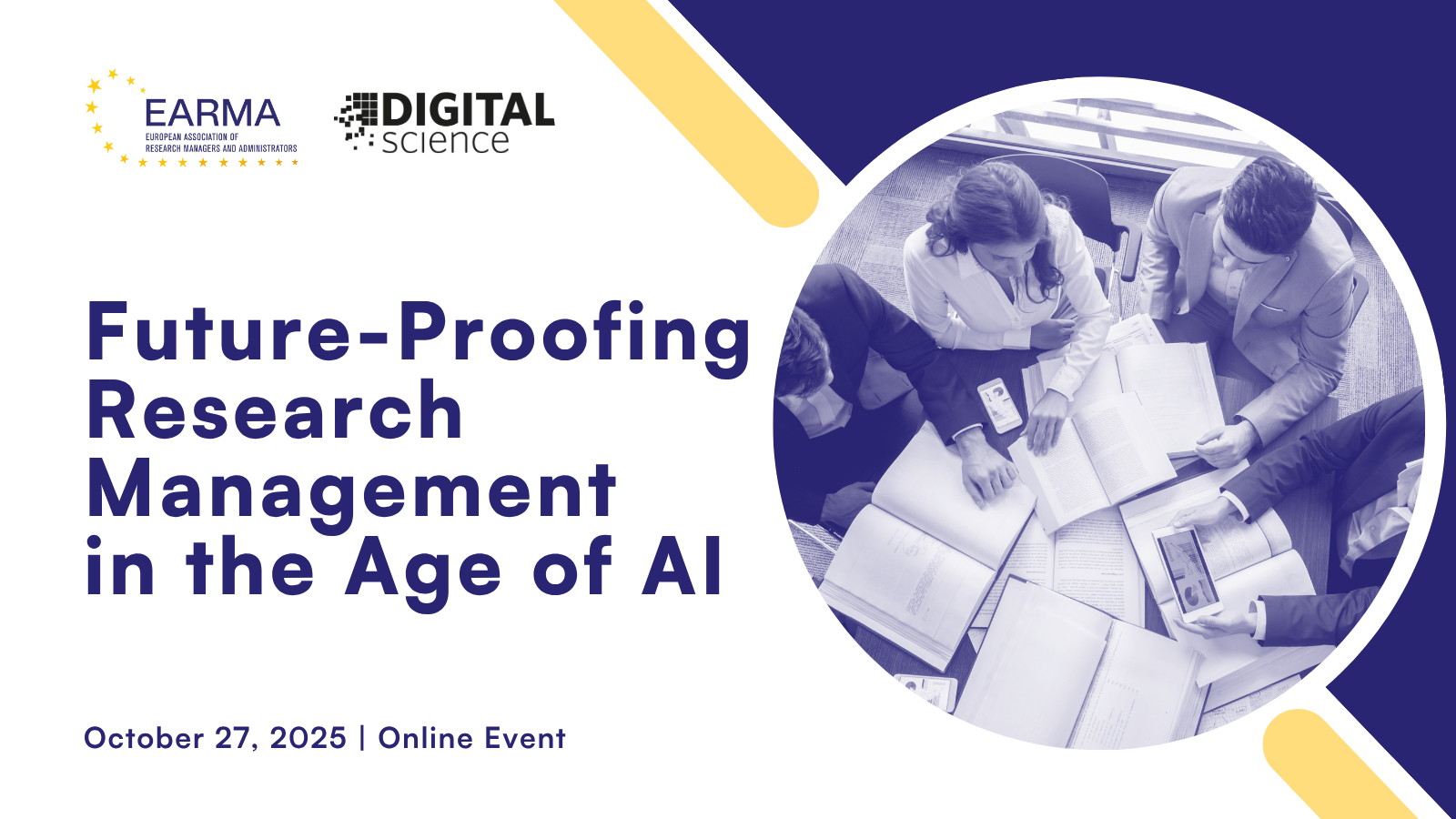Event date: October 27, 2025
Event time: 14:00 - 15:00 GMT | 15:00 - 16:00 CEST
Location: Online via Zoom to be accessed via the EARMA website or here
Registration: This event is free of charge, but as for all our events, registration is required. Just click on the yellow button at the top of this page and see here how to access the event.
Event Details:
In today's shifting research landscape, institutions across Europe are grappling with questions of openness, integrity, and innovation while balancing policy demands and strategic ambitions. This 60-minute webinar brings together Ann Campbell and Dr. Jürgen Wastl to explore how research managers can adapt and plan for the future.
Drawing on their combined experience in governance, policy, and institutional strategy, the session will examine:
- - Emerging approaches to research assessment, from narrative-based evaluations and responsible research assessment principles, to frameworks that recognise culture, connectivity, inclusivity, and the responsible use of data, are reshaping how institutions evidence research quality and impact
- - The future of institutional data, and how to build trusted ecosystems that serve strategy, compliance, and impact needs simultaneously, and how streamlining fragmented data sources can reduce burden, strengthen evidence, and improve decision-making
- - The role of data storytelling, not just for advocacy but as a lens for identifying blind spots, surfacing equity issues, and aligning with funder priorities.
- - Research integrity and openness in the age of AI, How persistent identifiers, CRediT, and open research practices can strengthen integrity, support transparency, and ensure research remains verifiable and trustworthy in an AI-driven environment.
- - Strategic planning in uncertainty, including how institutions can remain resilient amid shifting national priorities, funding instability, and geopolitical disruption.
For grants officers, analysts, advisors, and research leaders, the session will highlight practical ways to connect integrity, openness, and innovation with institutional priorities, illustrating how research management can both navigate risk and unlock opportunity.
This dialogue will provide a thought-leadership platform designed to inspire reflection, spark discussion, and connect research leaders across Europe around the future of research strategy and impact.
Speakers:

Ann Campbell, Director, Research Impact & Comparative Analytics, Digital Science
Ann Campbell is Director of Research Impact & Comparative Analytics at Digital Science. In this role, she participates in strategic conversations with ranking bodies, funders, and academic networks, contributing insights on responsible and diverse metrics, open-research indicators, and persistent identifiers (PIDs).
With over 16 years of experience in the university sector, Ann has implemented and integrated research information systems to create trusted data ecosystems that provide holistic views of institutional performance. Her expertise spans research impact assessment, open research practices, diversity and inclusion, academic–industry collaboration, and contributions toward the UN SDGs.
Ann has played a lead role in preparing data for REF submissions, equality charters, and national policy exercises, and now focuses on advancing benchmarking approaches that connect open data and metadata with measures of impact, research culture, and collaboration.

Dr. Jürgen Wastl, Vice President, Research Evaluation & Global Challenges, Digital Science
A molecular biologist and biochemist by training, Jürgen moved into project management and strategy roles in both industry and higher education. Before joining Digital Science, he led the Research Information team at the University of Cambridge’s Research Strategy Office, where he was responsible for research evaluation, reporting, and the implementation of key research information systems. At Digital Science, he focuses on research evaluation and global challenges, drawing on his extensive experience in supporting universities, funders, and governments in making data-informed strategic decisions.
Any queries?
Don't hesitate to email events@earma.org



